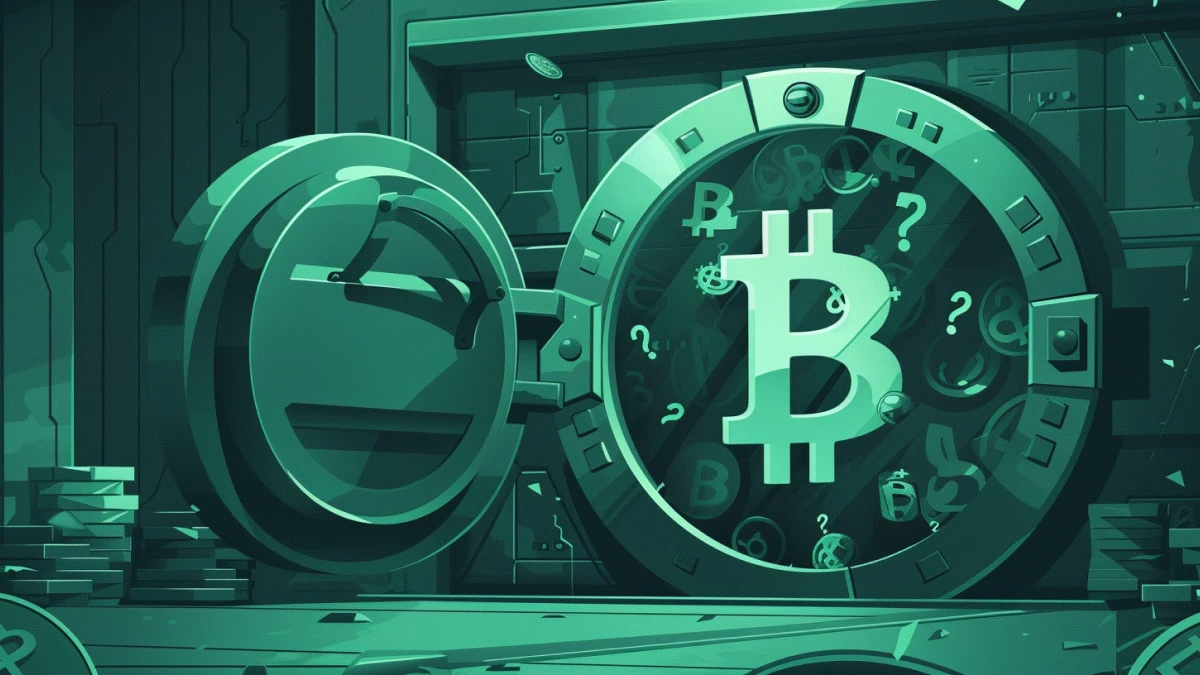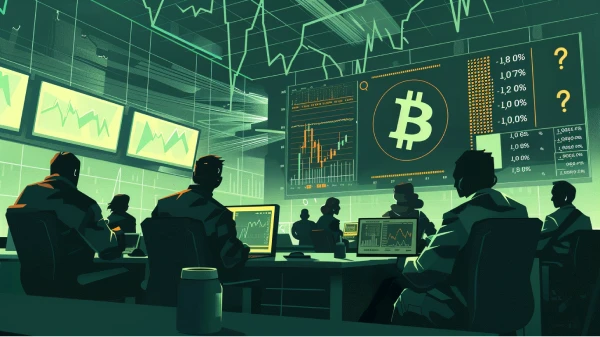Bitcoin is useful to some people, and it is scarce. Naturally, this gives it value. Bitcoin has a unique set of features that are not found in any other form of money. These features make people hold bitcoin in the hopes that it becomes the new standard for money. We dive into these features below.
Bitcoin’s Scarcity
Arguably the defining feature of Bitcoin differentiating it from other forms of currency is its mathematical scarcity. Unlike traditional fiat currencies with an unlimited supply that is adjusted at the whim of central banks and governments, Bitcoin’s creator Satoshi Nakamoto intentionally limited the lifetime supply of Bitcoin to 21 million coins through the algorithm built into the Bitcoin network. Bitcoin is the only asset in the universe that has a mathematical scarcity. Elements like gold are naturally scarce on Earth; however, there are trillions of dollars worth of gold floating around on asteroids in our solar system that may one day be accessible to humans, significantly inflating the gold supply.
➤ Learn more about Bitcoin's issuance schedule.
Bitcoin Is Decentralized
Many Bitcoin advocates reference its decentralization as one of its strongest benefits. After creating Bitcoin and its blockchain, creator Satoshi Nakamoto stepped away from the entire project, placing Bitcoin into the hands of its users as a decentralized alternative to government currency. The decentralized nature of Bitcoin also eliminates the potential for a single point of failure, making it more resilient than traditional currencies. Bitcoin’s decentralized nature also makes its core features, like its finite supply, resistant to change. This protects Bitcoin from regulatory or corporate capture.
Anyone Can Audit Bitcoin
The Bitcoin blockchain ledger provides a permanent record of all transactions, and the open-source accessibility of the ledger allows anyone to view and verify previous or ongoing transactions and addresses. The ability of anyone to view and self-audit bitcoin transactions is essential to fostering the decentralized nature of Bitcoin. Without this transparency, Bitcoin’s scarcity or another vital feature could be manipulated behind the scenes.
The blockchain can be audited by running a Bitcoin node, or through online software called a block explorer.
Monetary Policy vs. Government Currencies
Although the U.S. dollar is the most commonly used and traded fiat currency in the world, it has many weaknesses that Bitcoin creator Satoshi Nakamoto sought to dismantle. Unlike Bitcoin, the U.S. dollar is centralized and has an infinite supply; The Federal Reserve is the highest authority over currency production, distribution, and circulation amounts. The impact of Federal Reserve dollar production, often known as quantitative easing (QE), can increase inflation and impact the dollar’s value.
The negative impact of continuous U.S. dollar printing and the resulting inflation and devaluation is well documented in U.S. economic history: periods of rapid inflation and economic instability due to dollar printing occurred after WWI and WWII, as well as the 1970’s. Bitcoin is fundamentally incapable of creating that type of economic instability because of its capped supply and the periodic reduction of its supply. Unlike the Federal Reserve, Bitcoin maintains an immutable monetary policy not subject to change based on quarterly meetings. The security of Bitcoin’s value over time is a major reason why more and more investors are choosing to hold bitcoin as their preferred long-term method for storing wealth, in many cases even preferring it to gold. In fact, Bitcoin has been referred to as “digital gold” because it has similar characteristics of scarcity and value preservation, in addition to the added benefits of portability and divisibility.
Bitcoin’s Portability
Because Bitcoin is a digital currency, it is highly portable and therefore extremely easy to transact with. It can be stored on any personal device or flash drive, and can be sent or received digitally almost instantaneously without outrageous fees or unnecessary intermediaries.
Any amount of bitcoin can be taken across any border in the world, unlike any other currency.
Bitcoin Is Highly Divisible
Like traditional monetary assets, Bitcoin is divisible. In fact, Bitcoin is more divisible than most currencies: A single bitcoin can be broken down into satoshis which are equal to one hundred-millionth of a bitcoin (1 satoshi = 0.00000001 BTC). As a result, each bitcoin can be broken down into 100,000,000 satoshis. Therefore, you can buy a small fraction of a Bitcoin to get started.
Key Takeaways
- Bitcoin is absolutely scarce: there will never be more than 21 million bitcoin. Unlike fiat currencies, Bitcoin is immune to quantitative easing and other inflationary measures.
- Bitcoin has no leaders or voting. This protects Bitcoin from malicious changes and political capture.
- As a digital currency, Bitcoin can be easier to transport, store, and divide, solving some of gold's weaknesses.


